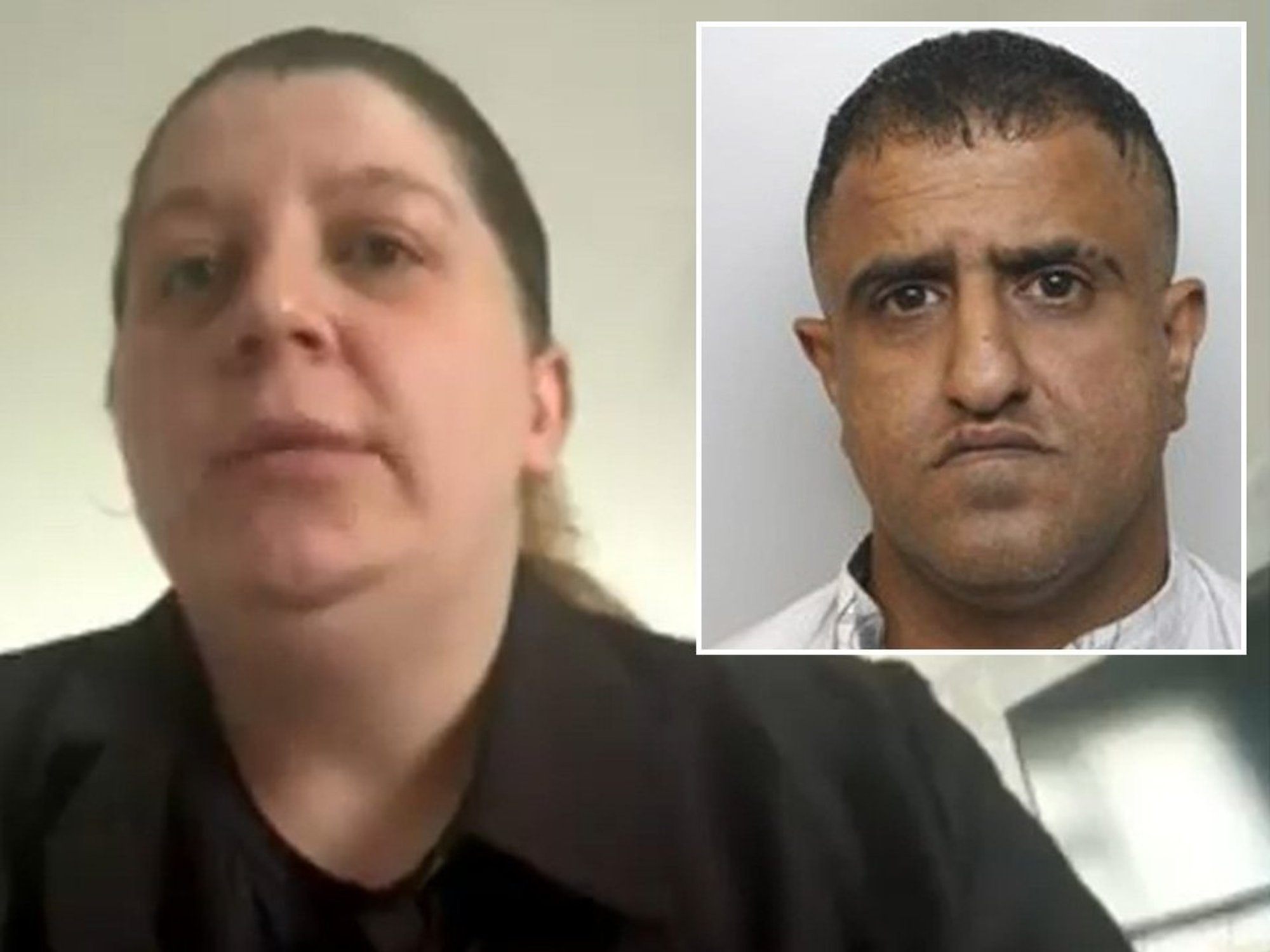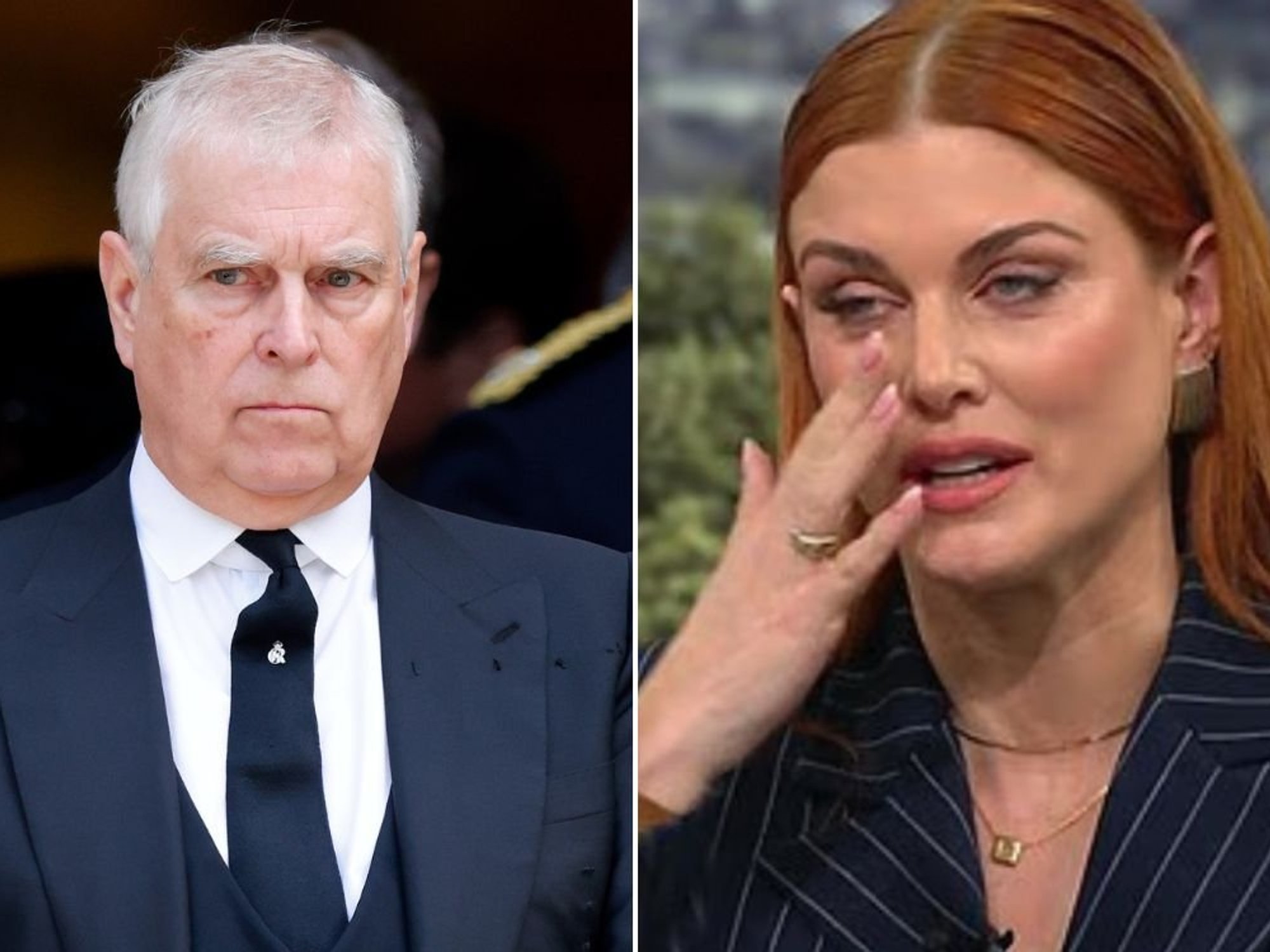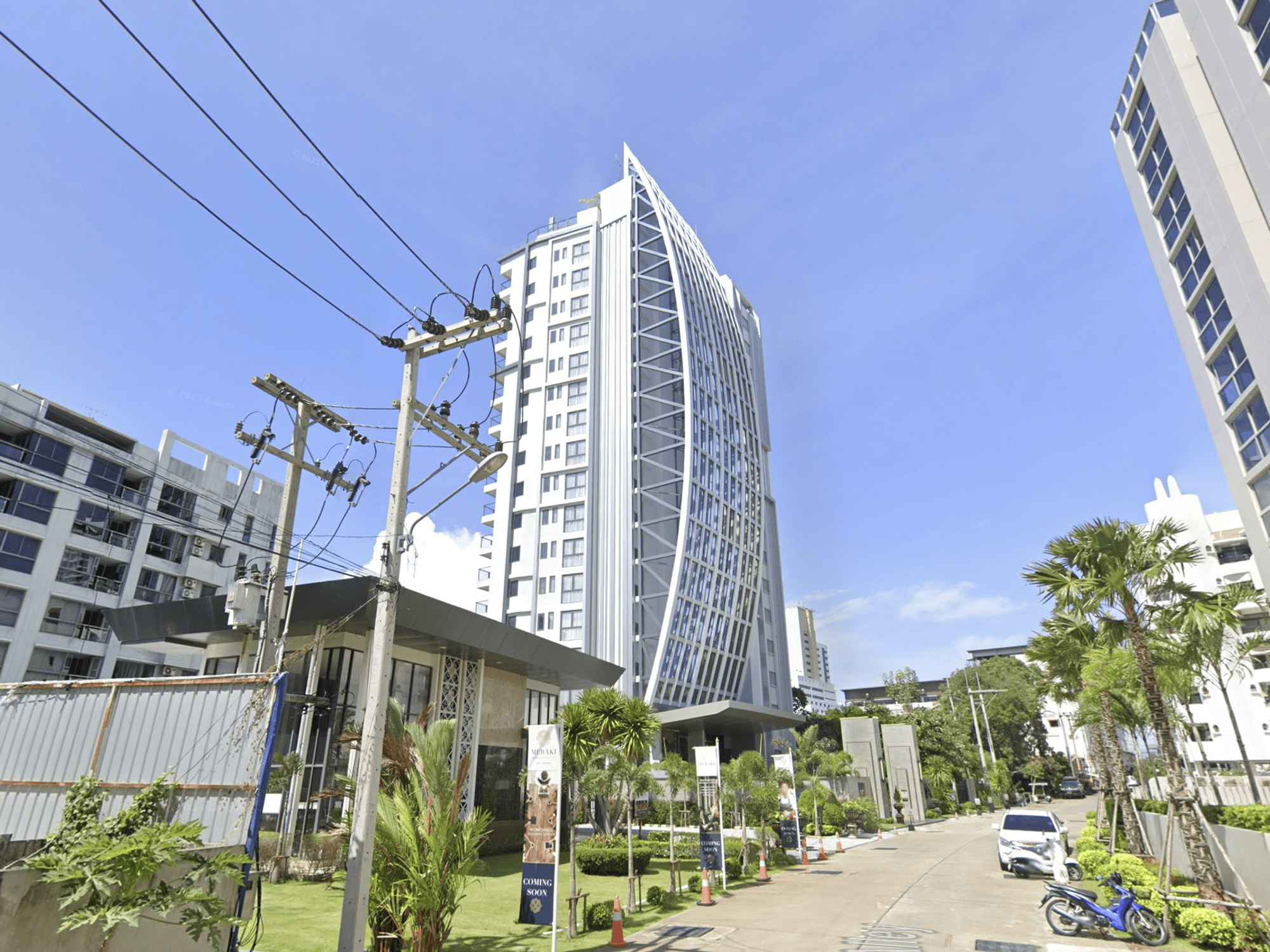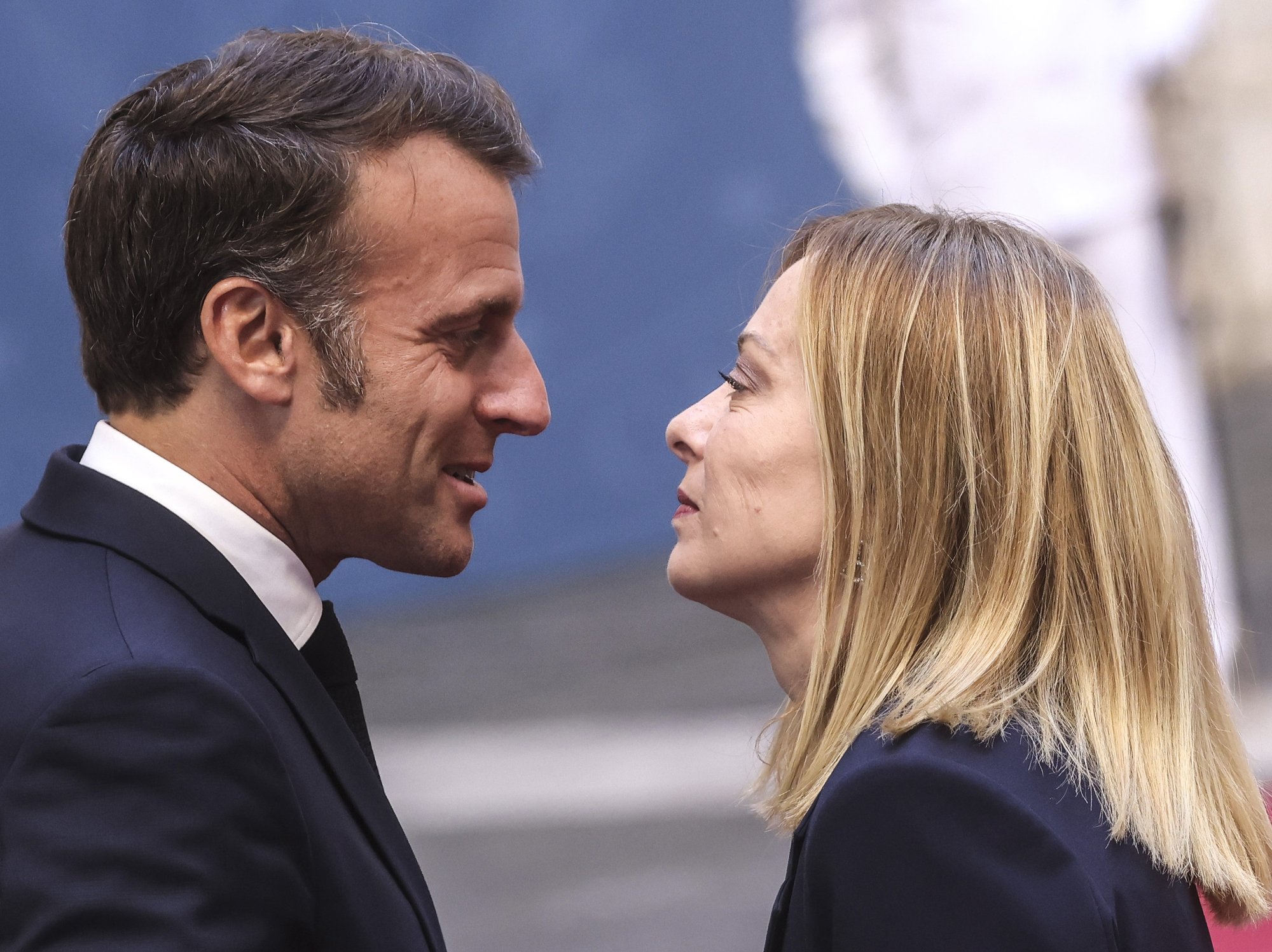National Lottery bid judge applied higher standards to one entrant
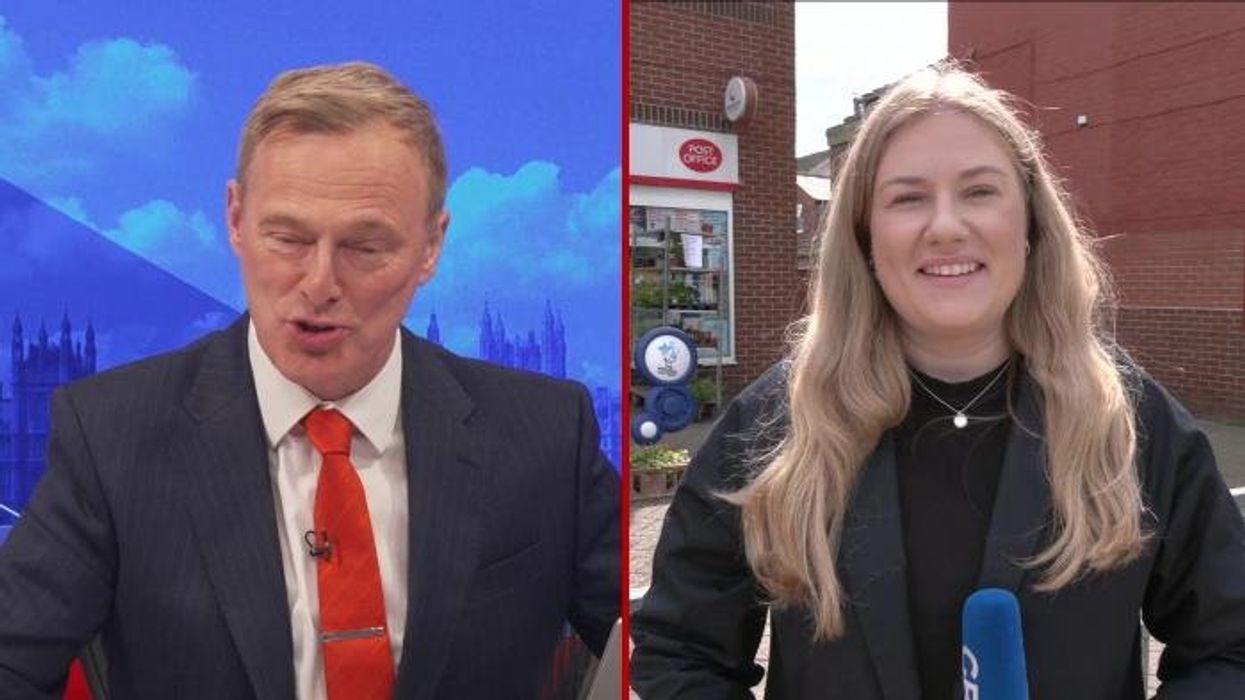
National Lottery EuroMillions Jackpot prize to be won! - Anna Riley reports |
GB NEWS
Both Allwyn and the Gambling Commission deny the claims
Don't Miss
Most Read
Trending on GB News
A financial expert who judged bidders for the National Lottery franchise applied higher standards to Richard Desmond’s entry than to those of his competitors, a court heard today.
The High Court was told that while Mr Desmond’s entry, The New Lottery Company (TNLC), was criticised for a “lack of detail” in showing its financial strengths, other entrants underwent less scrutiny.
This was part of “fundamentally inconsistent treatment” that was “unfair”, it was claimed.
However, Caroline Severne, one of the evaluators who assessed the “financial strength” of the applicants, denied allegations of unfairness and told the court that eventual winner, Allwyn, had made the superior bid.
TRENDING
Stories
Videos
Your Say
TNLC was one of the bidders for the lucrative ten-year licence to run the National Lottery, but it came third in the tender. Allwyn, the winner, subsequently bought Camelot, which came second.
However, TNLC claims that the Gambling Commission made “manifest errors” in the process that played a part in its failed bid. Had these mistake not been made there was a “very real” prospect TNLC would have won, the court has been told.
TNLC and parent company Northern & Shell are claiming up to £1.3billion in the case. The court heard today (Thurs) from Caroline Severne, one of the evaluators who assessed the “financial strength” of the applicants.
 National Lottery | PA
National Lottery | PAAll bidders were expected to provide details including details about its subcontractors and alternative suppliers which could be needed in the event of difficulty. But Azeem Suterwalla KC, for TNLC, said different standards were applied to different bidders and accused Ms Severne, who rated TNLC as a ‘fail’ in certain areas, of “inconsistency”.
He said that Camelot, in its bid, stated it had “alternative suppliers” but didn’t give names. But it wasn’t marked as a fail, whereas TNLC was.
He said: “Camelot has satisfied you of the availability of alternative suppliers, but they have done so, on the face of it, without any evidence. Do you agree that one reason for failing TNLC was that TNLC haven’t described the details of potential arrangements with alternative suppliers?”
“Yes,” said Ms Severe. Mr Suterwalla continued: “You can see that Camelot were allowed to get away with not providing any evidence, not even naming, an alternative supplier. You must accept that you have not treated the bidders fairly, here.”
LATEST DEVELOPMENTS
 Richard Desmond had bid to operate the National Lottery | PA
Richard Desmond had bid to operate the National Lottery | PAMs Severne disagreed.Mr Suterwalla went on to explain how a key Camelot technology company, IGT, had been classed as “high risk” by the evaluators. But its PLC group had provided a 12 month financial guarantee, which Camelot used to help with its bid.
But when TNLC explained that Carrus - the company it put forward to run its terminals and games - could expect similar financial backing from its owners, including French bank BNP, the promise was deemed insufficient. Mr Suterwalla said: “This is fundamentally inconsistent treatment, isn’t it? With IGT, you have accepted a 12 month guarantee as sufficient mitigation, vis a vis Camelot’s bid.
“But with my client, TNLC, a parent company guarantee hasn’t done the job, and that’s unfair.“It’s simply inconsistent standards, yes?” Ms Severne replied: “No.”
Mr Suterwalla said: “For one, the mitigation is effective. For the other, it’s not, and there’s no reason why that’s the case." I’m not sure I can say yes to that,” said Ms Severne.
“My answer is no.” She had earlier pointed out that Carrus is a French company, and that may have worked against it. “There was some talk about the fact it was located in France and not in this country . . . that was considered a risky arrangement, particularly considering Brexit,” she said.
Mr Suterwalla said there was a similar inconsistency regarding Allwyn’s bid. Allwyn relied on it using sub-contractor Scientific Games International to run large parts of the lottery. But SGI did not have an explicit guarantee from its parent company, Scientific Games Corps.
Ms Severne denied this was an issue, explaining: “The moderation note says it [the parent company] was in a position to support Scientific Games.” Mr Suterwalla said: “What you have done is apply a lower standard in assessing Allwyn on these issues than you did with my client, TNLC.”
But Ms Severne said it wasn’t as clear cut, saying that TNLC was planning to use “smaller, much more high risk suppliers” than Allwyn.
During today’s exchanges, Mr Suterwalla accused Ms Severne of altering her story. He said: “I’m going to suggest that this evidence is not credible - you keep changing your position when it suits you. Do you accept that?”
“No,” said Ms Severne.She told the court that Allwyn had demonstrated it had the “ability to supply the Gambling Commission with the services that they required”. She later told the court that while bids may have had similarities or differences in certain areas, it was the bigger financial picture that was important.
She said: “You need experience and capability to be able to run and monitor the very large and high risk supply chain associated with delivering the National Lottery.” She went on: “Allwyn was able to deliver a supply chain of appropriate financial strength to support the National Lottery.”
In contrast, she said, TNLC had given “no evidence of procedures, process or control at all in its application”. It also had “a number of subcontractors” which, she claimed, “failed the financial strength criteria”.
TNLC claims that the Gambling Commission fell short on a number of issues. These include the provision of feedback after the initial phase one of the bidding. TNLC says that while the feedback it received was inadequate, Allwyn was able to shape its bid advantageously thanks to its feedback from the Commission.
The court has heard that during the licensing process Allwyn “repeatedly breached” a publicity protocol designed to ensure “a level playing field” between bidders.
It is also alleged that both Allwyn and Camelot should have been disqualified from the process for serious failures in their bids. However, each was allowed to continue.
Further, TNLC says that the terms of the contract were modified after the winner was announced. Had TNLC known of these modifications, its bid may have been different and the outcome affected.
Both Allwyn and the Gambling Commission deny the claims. The case continues.
More From GB News






